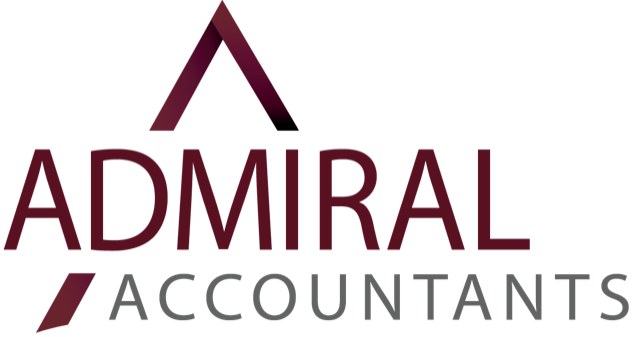How long does it take to register a company?
Online applications are usually registered within 24 hours, whereas postal applications can take 8 to 10 days. For additional fees, you can use “same day service” (you must apply before 3 pm).
What is the format of a commercial invoice?
In UK, there is much less information required on an invoice then in Hungary. Basically, it has to contain the following: who sold what, when and to whom, for how much?
The necessary fields are:
- the word “Invoice”
- a unique identification number
- your company information (name, address, contact information)
- client details (name and address)
- how much the customer needs to pay
- the date of the invoice
- when the customer must pay you
- VAT amount if applicable
- the total amount owned
Do I need an employment contract with my own business?
No, you do not need an employment contract to work in your own business.
What do I need to open a business bank account?
To open a business account, you have to get an appointment with the bank first. The presence of all the owners and directors is required.
You will need the following:
- Certificate of Incorporation
- Proof of identity: Passport or ID Photocard
- Proof of address: utility bill, dated within the last 3 months or Council Tax letter
Can I set up a limited company as a single person? Can I have business activity without any employees?
Yes, you can set up a private limited company on your own, and you can have business activity without any employees. You only need a shareholder and a director, which can be the same person: You.
Can I be sole trader and employed in the same time?
Yes, it is possible, if not stated otherwise in your employment contract. However, in this case the tax situation becomes more complex. When filling in the Self Assessment tax return, you have to include the income obtained as an employee as well.
Are rent and utility expenses allowable?
Part of the rent you pay is allowable, if part of the house/flat is used solely for the business, for a portion of time.
As a sole trader however, you cannot charge a separate rent for the business, as you cannot rent a property to yourself.
When used wholly and exclusively for business, then a suitable portion of the utility expenses are allowable.
Can I claim back VAT when buying a car/van?
If you had registered with HMRC for VAT, then you can claim back the VAT when buying a van, with a VAT inclusive price of £2,000 or more.
When buying a car for personal use, then you cannot claim VAT back.
If my employer withheld more tax than he should have, how can I get a refund?
f you are both employed and sole trader in the same time, then when filling your Self Assessment tax return you can apply for a refund if you overpayed, or had more tax withheld than necessary.
If you are only employed, you need to find the tax code your employer used and, with him and the HMRC together, can correct any mistakes made, if there were any.
When is the deadline for tax return?
The tax year in UK is from 6th of April to 5th of April the next year. For filling in the Self Assessment tax return to the HMRC online and paying the money we owe, we have additional 9 months, which means the deadline for tax return is 31st of January after the tax year.
When do I need to register for VAT?
You must register for VAT with HMRC, if:
- your VAT taxable turnover goes over the current registration threshold in a rolling 12-month period. The threshold is currently £83,000, and is updated annually on April 1st.
- you receive goods in the UK from the EU worth more than £83,000
You have the option to voluntarily register for VAT with HMRC even if your business turnover is below the threshold.
You must pay HMRC any VAT you owe from the date they register you.
Cannot decide? Call us to get a free consultation, or visit the gov.uk website for more official resources)
Sole Trader, or Limited Company?
Choosing the right structure for your business depends on things like your industry and planned business turnover. Each structure has advantages and disadvantages, based on a variety of criteria, such as liability, taxes and National Insurance, filling accounts and prestige.
In a nutshell:
First and most important, as a sole trader there is little distinction between you and the business, and as such, none of your personal assets are protected, whereas the limited company is it’s own legal entity, and the liability of the shareholder is limited (hence the name)
Tax
In a limited company, taxes are deducted from salaries via PAYE at regular intervals. If applicable, a higher tax rate is paid by shareholders on dividends under the self-assessment regime. Corporation tax is also payable 9 months after the year end.
Sole traders pay taxes on their business profits, after the expenses are deducted.
National Insurance
The NI charge is greater in case of a limited company than that paid by a sole trader
Profit and Loss
For limited companies corporation tax is charged at 20%. For a sole trader, profits are taxed based on taxable income, at 40%, respectively 45%
Filling accounts, prestige
There is the impression of more serious organization in case of limited companies and, as a result, more trust. While you can make your own good reputation as a sole trader as well, you are not legally required to have annual accounts or to file accounts for inspection.
If I move abroad, am I eligible for tax refund?
Yes, you are eligible for tax refund in case you paid too much tax.
How do I reclaim tax for a previous tax year?
As a sole trader, when doing the tax return we find out if we need to pay or reclaim tax.
In case you paid too much tax, how you claim depends on how you filled your Self Assessment tax return (online return or paper tax return).
The tax refund is paid directly to your bank account.
How do I invoice correctly?
(If you sell a product or service, you will need to raise invoices in order to be paid.) You can use an Invoice Book or one of the many online forms available, but can also start with a simple word document, provided you include all the necessary fields.
If you are UK based and not VAT registered, you cannot add VAT to your service charges.
However, you must register for VAT with HMRC, if your income goes over the current registration threshold in a rolling 12-month period.
For more information feel free to contact us, or visit the gov.uk website for more official resources.
Where do I get an Invoice Book from?
You can buy an Invoice Book in any stationery shop, in supermarkets, as well as online.
Do I need a business account as a sole trader?
No, you don’t need a business account as a sole trader, you can use your current account in your personal name. At least there is no legal requirement for you to open one.
However, it might be a good idea to do so, in order to keep you business income and expenses differentiated from your personal transactions.
Having a business bank account can help you:
- track and control your business expenses and income
- extract the information you need to give to your accountant or to do your tax return yourself when tax time comes around
How do I become self employed?
To officially become a sole-trader you need to:
- register as self-employed with HMRC to make sure you pay the correct Income Tax and National Insurance
- keep records of your business income and outgoings
- pay your tax each year, usually in 2 payments (on the 31 January and 31 July)
For registration with HMRC, you need
- Proof of ID
- Proof of address
- register for Self Assessment tax returns (will get an Unique Taxpayer Reference – UTR) and Class 2 National Insurance (NI) in the same time.
If you have sent Self Assessment tax returns before, you register as self-employed and for NI. You must provide your 10-digit UTR, and can keep your existing Self Assessment account.
Need help? Contact us with confidence!


 >
>